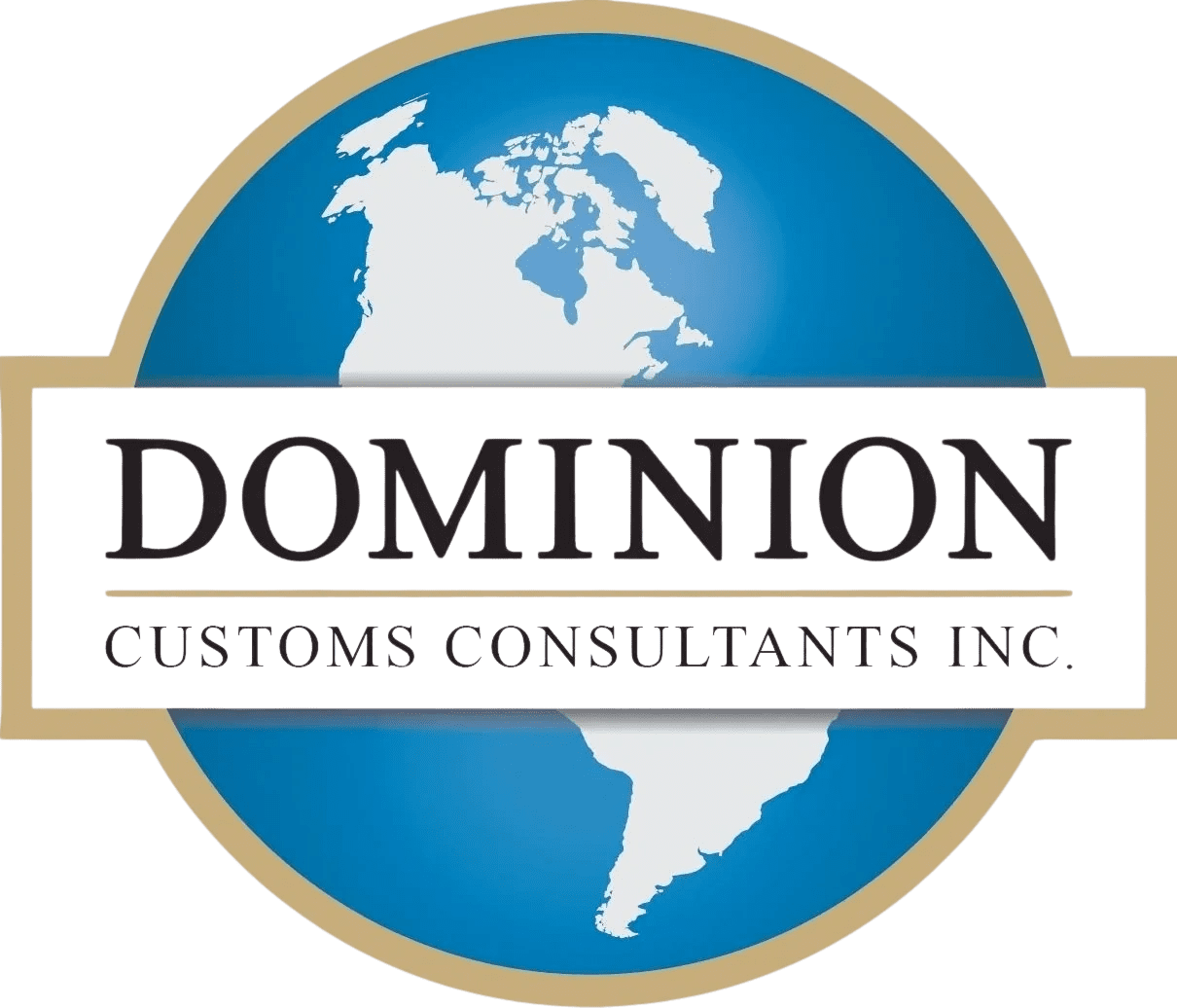The Importance of Importers’ Responsibility to Implement Customs Compliance Programs to Protect Their Business and Brand Reputation
In the modern global economy, importers face an intricate web of regulations and standards that govern the movement of goods across borders. Among these, customs compliance programs stand out as critical frameworks that ensure adherence to international trade laws. For importers, implementing robust customs compliance programs is not just a legal obligation but a strategic necessity. These programs protect their business operations and play a vital role in safeguarding their brand reputation.
The Complexities of Global Trade
Global trade is inherently complex, involving multiple jurisdictions, varying regulations, and a myriad of documentation requirements. Customs authorities worldwide enforce these rules to regulate the flow of goods, prevent illegal activities, and ensure that all trade is conducted fairly. For importers, navigating these complexities without a structured compliance program can be risky. Even a minor error in documentation, classification, or valuation can result in significant penalties, delays, or even the seizure of goods.
Legal and Financial Implications
The legal and financial repercussions of non-compliance can be severe. Customs violations, whether intentional or inadvertent, often lead to fines, sanctions, and increased scrutiny from regulatory bodies. In extreme cases, businesses may face legal action, which can be both costly and damaging to their reputation. For example, misclassifying goods to pay lower tariffs, failing to declare the correct value, or violating trade embargoes can attract heavy penalties. A well-implemented customs compliance program helps prevent these issues by ensuring that all aspects of the import process are thoroughly vetted and compliant with relevant laws.
Protecting Brand Reputation
A company’s brand reputation is one of its most valuable assets. In today’s socially conscious marketplace, consumers and stakeholders are increasingly aware of how businesses operate, including their adherence to ethical and legal standards. Companies linked to customs violations or unethical trade practices can suffer reputational damage, which can be difficult to recover from. Negative publicity, especially in the age of social media, can quickly erode consumer trust and loyalty. Implementing a customs compliance program demonstrates a company’s commitment to lawful and ethical trade practices, which helps build and maintain a positive brand image.
Enhancing Operational Efficiency
Beyond legal protection, a well-structured customs compliance program can enhance operational efficiency. By standardizing processes, automating documentation, and ensuring that all personnel are trained in compliance requirements, businesses can streamline their import operations. This reduces the likelihood of errors and delays, ensuring that goods move smoothly through customs and reach their destination on time. Efficient customs clearance also minimizes costs associated with delays, such as demurrage fees and storage charges, ultimately contributing to better financial performance.
Building Trust with Partners and Authorities
A robust customs compliance program helps build trust with both trade partners and customs authorities. Consistent compliance with regulations fosters positive relationships with customs officials, which can lead to smoother inspections and faster clearance times. Additionally, suppliers, customers, and other stakeholders are more likely to engage with businesses that demonstrate a commitment to compliance, as it reduces the risk of supply chain disruptions and ensures the integrity of their own operations.
Preparing for Future Challenges
The global trade environment is continually evolving, with new regulations, trade agreements, and challenges emerging regularly. A proactive approach to customs compliance ensures that businesses are prepared for these changes. Regular reviews and updates to compliance programs help importers stay ahead of new requirements, minimizing the risk of non-compliance and ensuring that their operations remain resilient in the face of change.
How Do I Get Help?
If you’re looking for assistance from a company with more than 40 years of experience helping importers to manage their customs compliance, Dominion has several programs for your consideration. Implementing a comprehensive customs compliance program is essential to protecting your business and brand reputation. In a complex and highly regulated global market, compliance is not just about avoiding penalties—it is about building trust, maintaining operational efficiency, and safeguarding a company’s most valuable asset: its reputation. By taking compliance seriously, importers can navigate the challenges of global trade with confidence, ensuring long-term success and sustainability.
